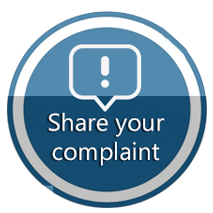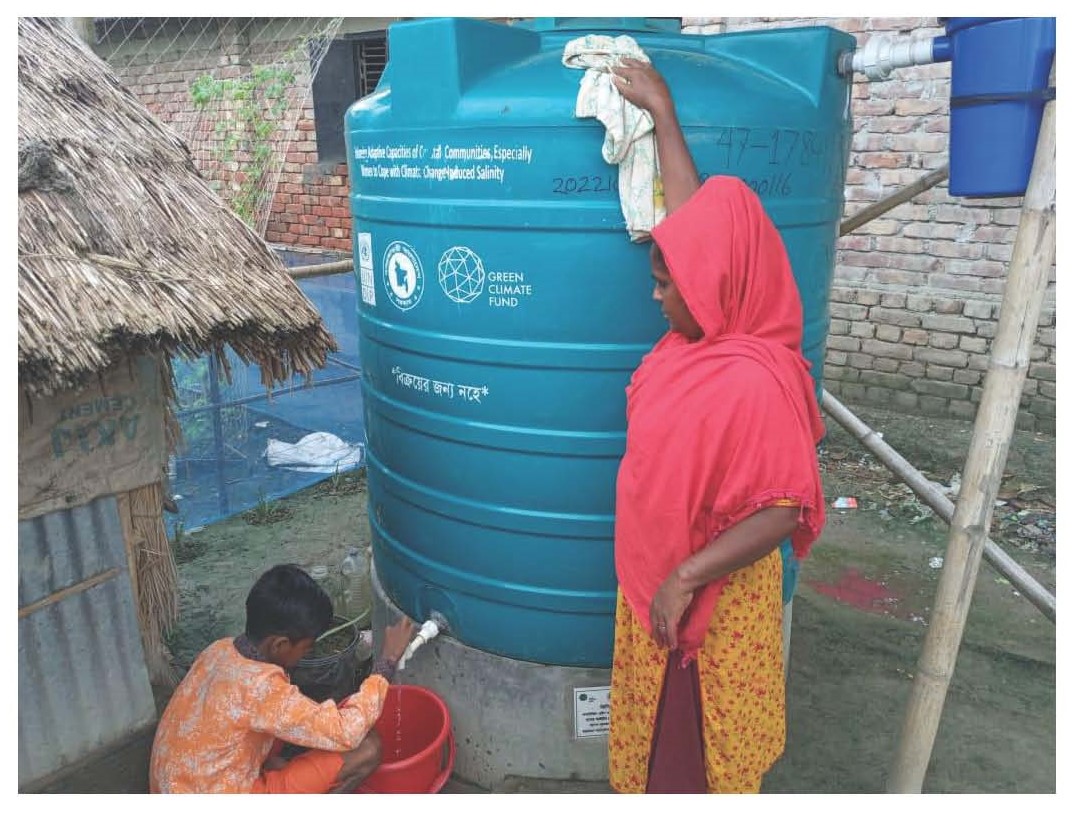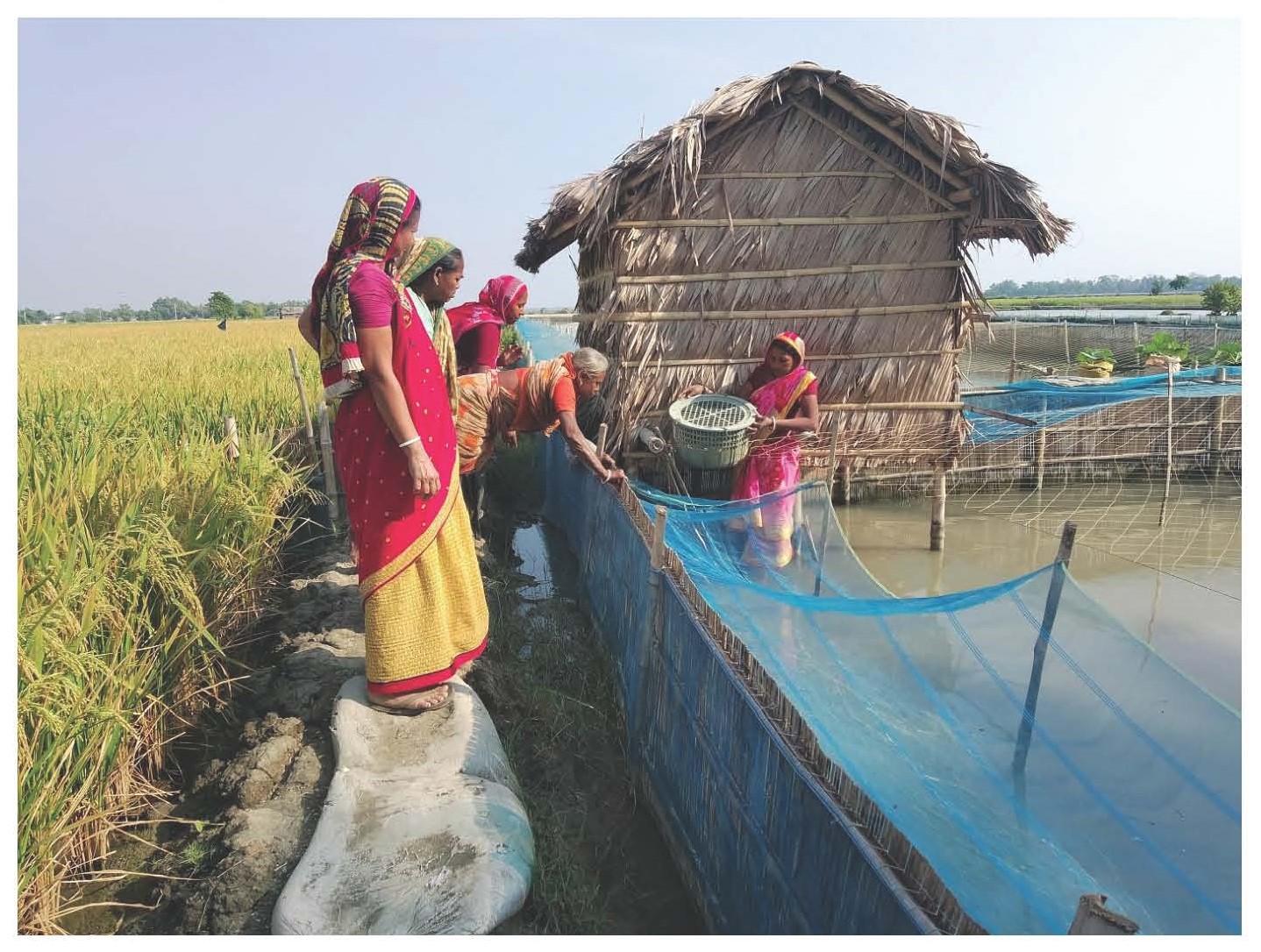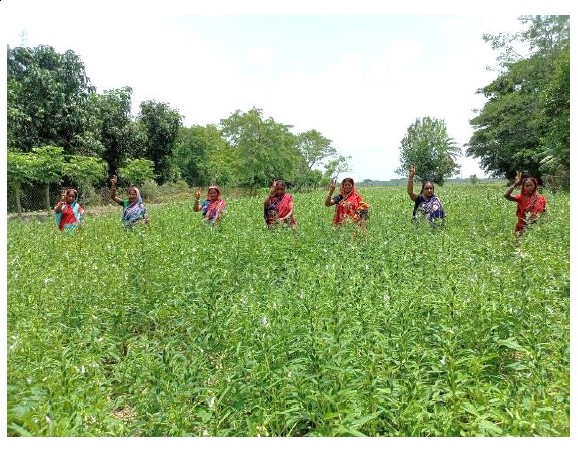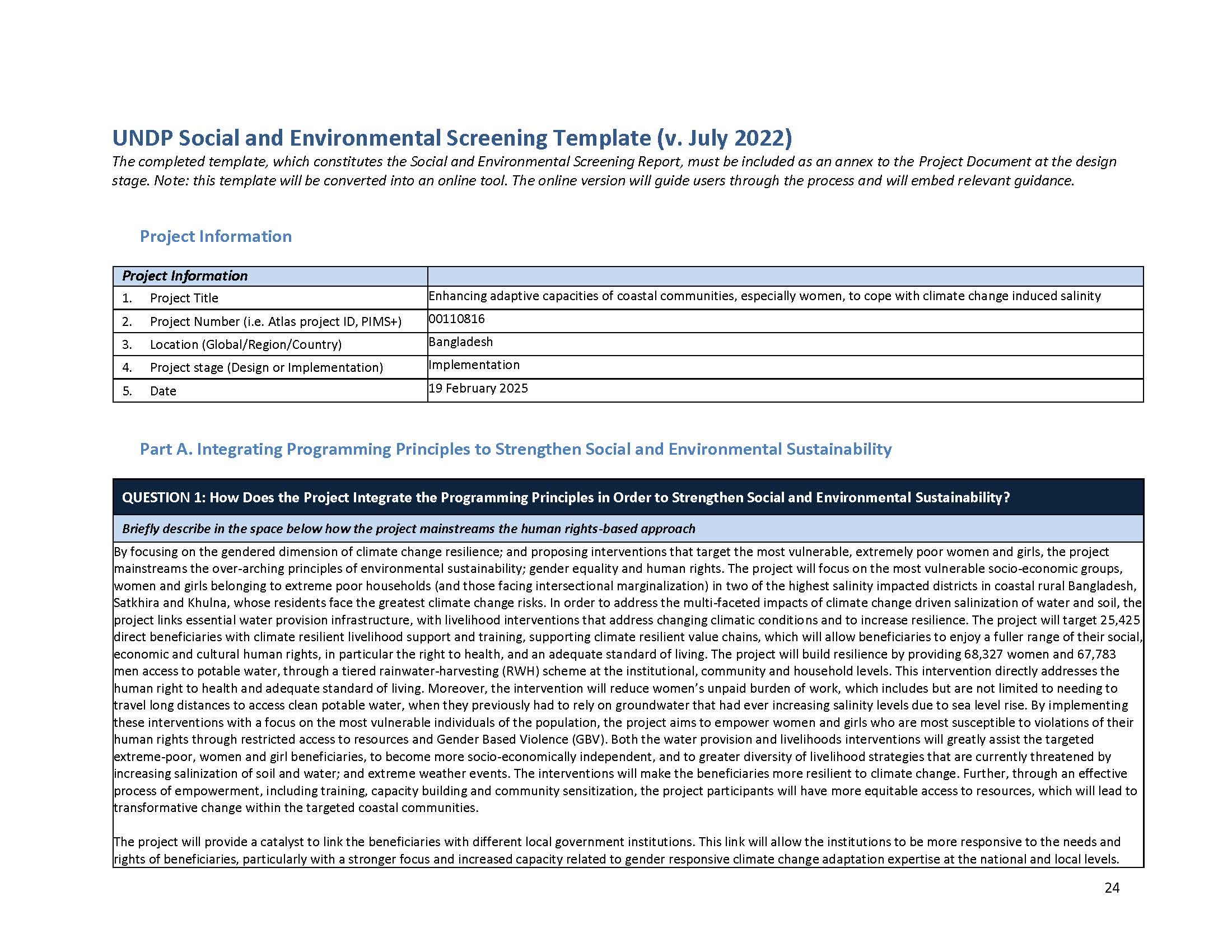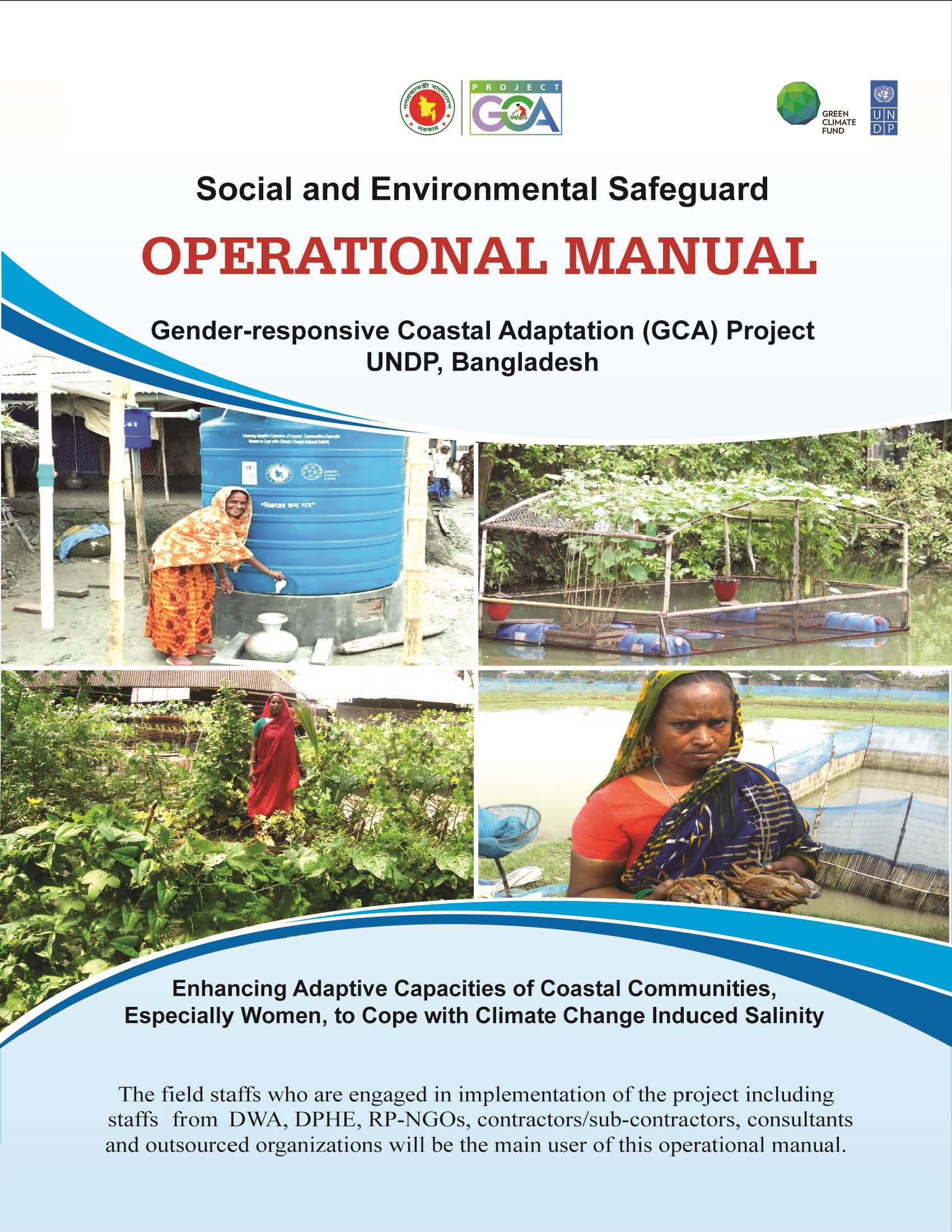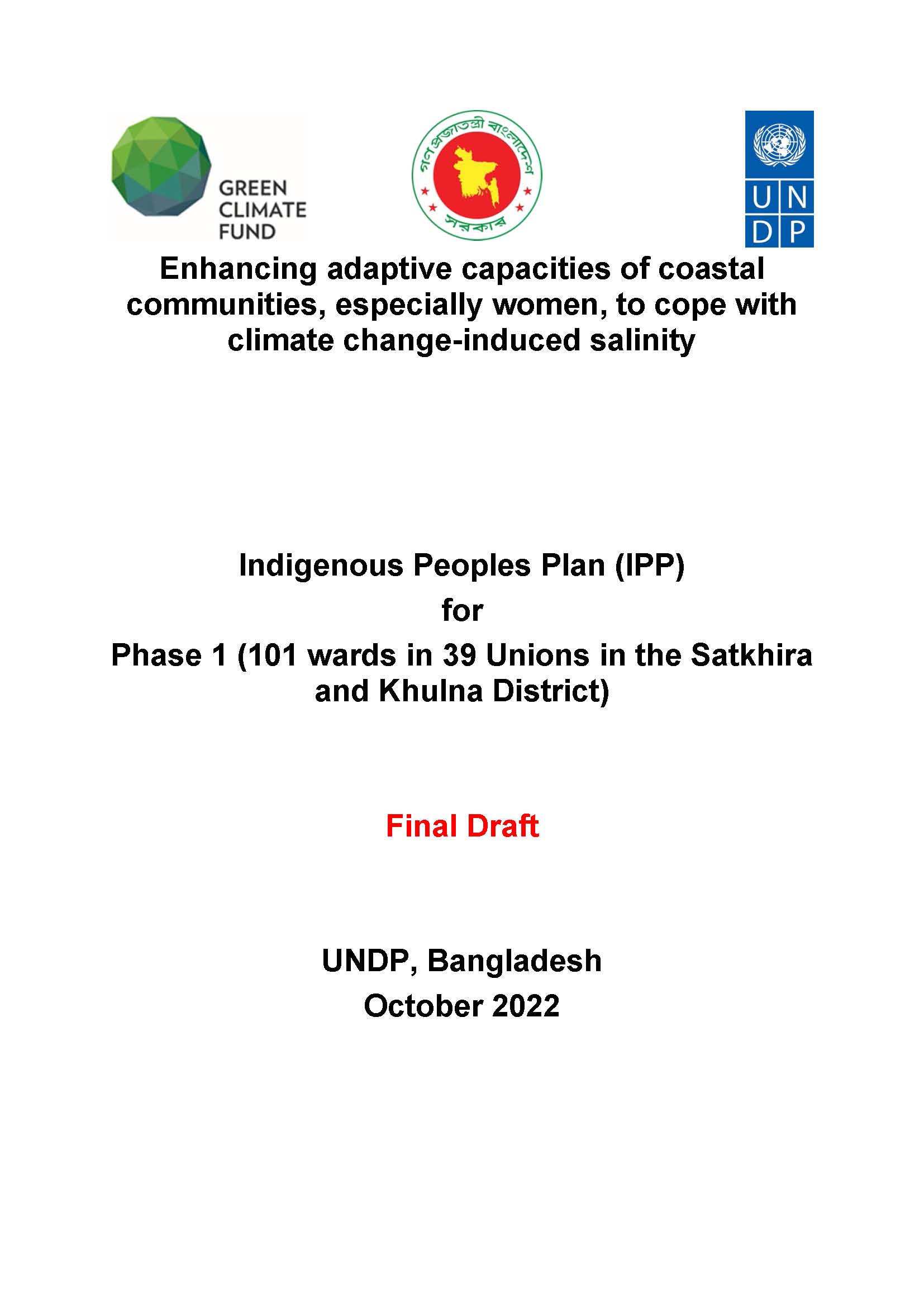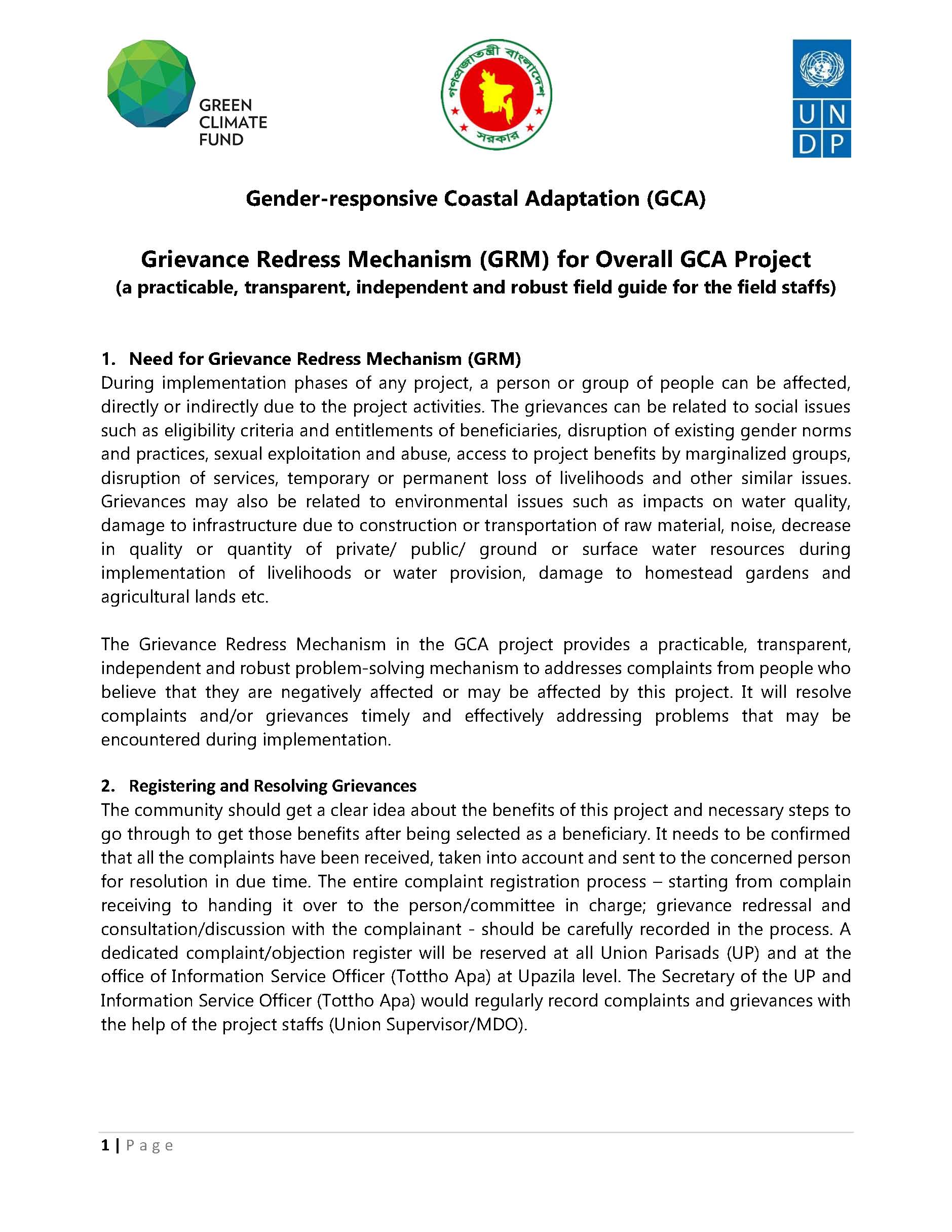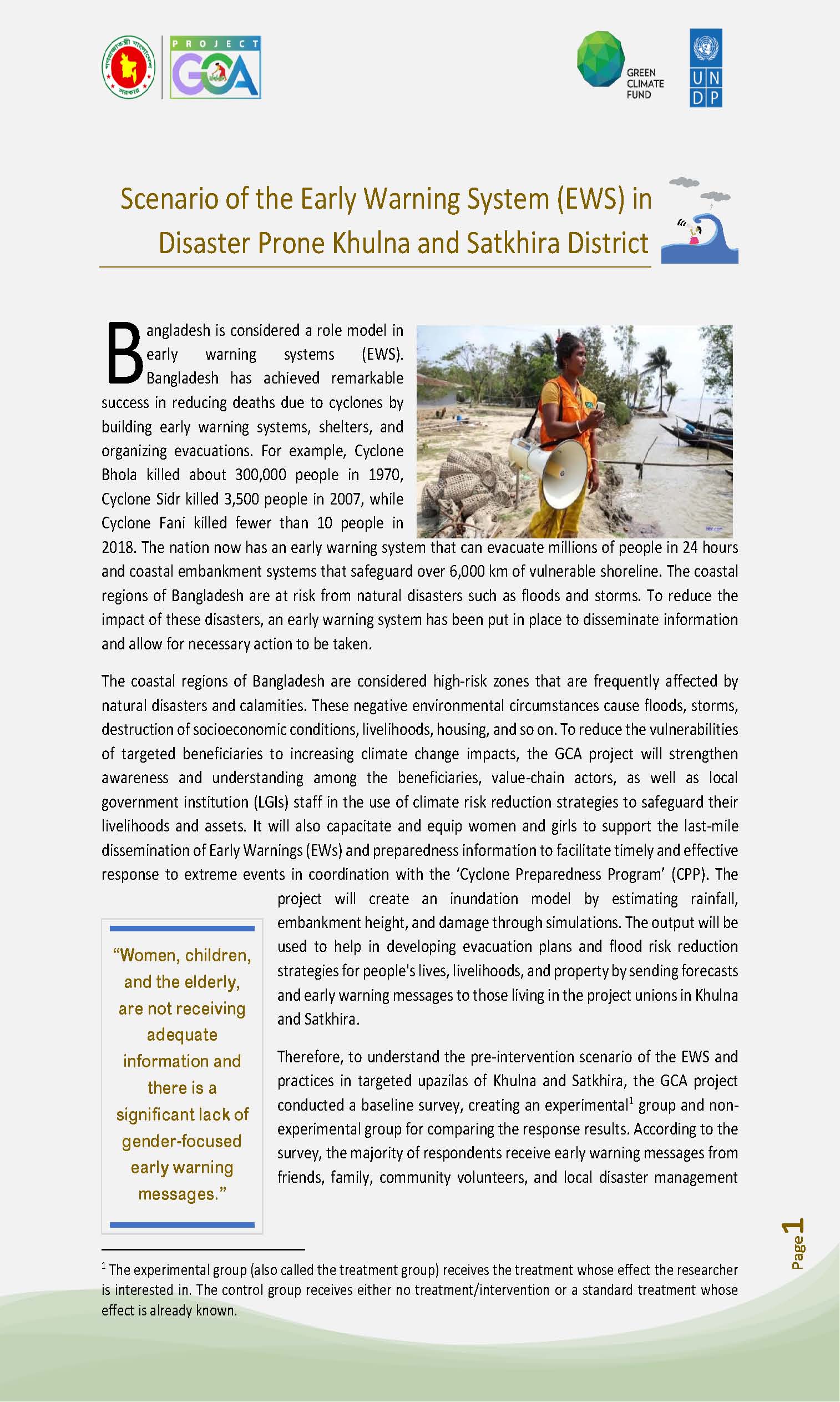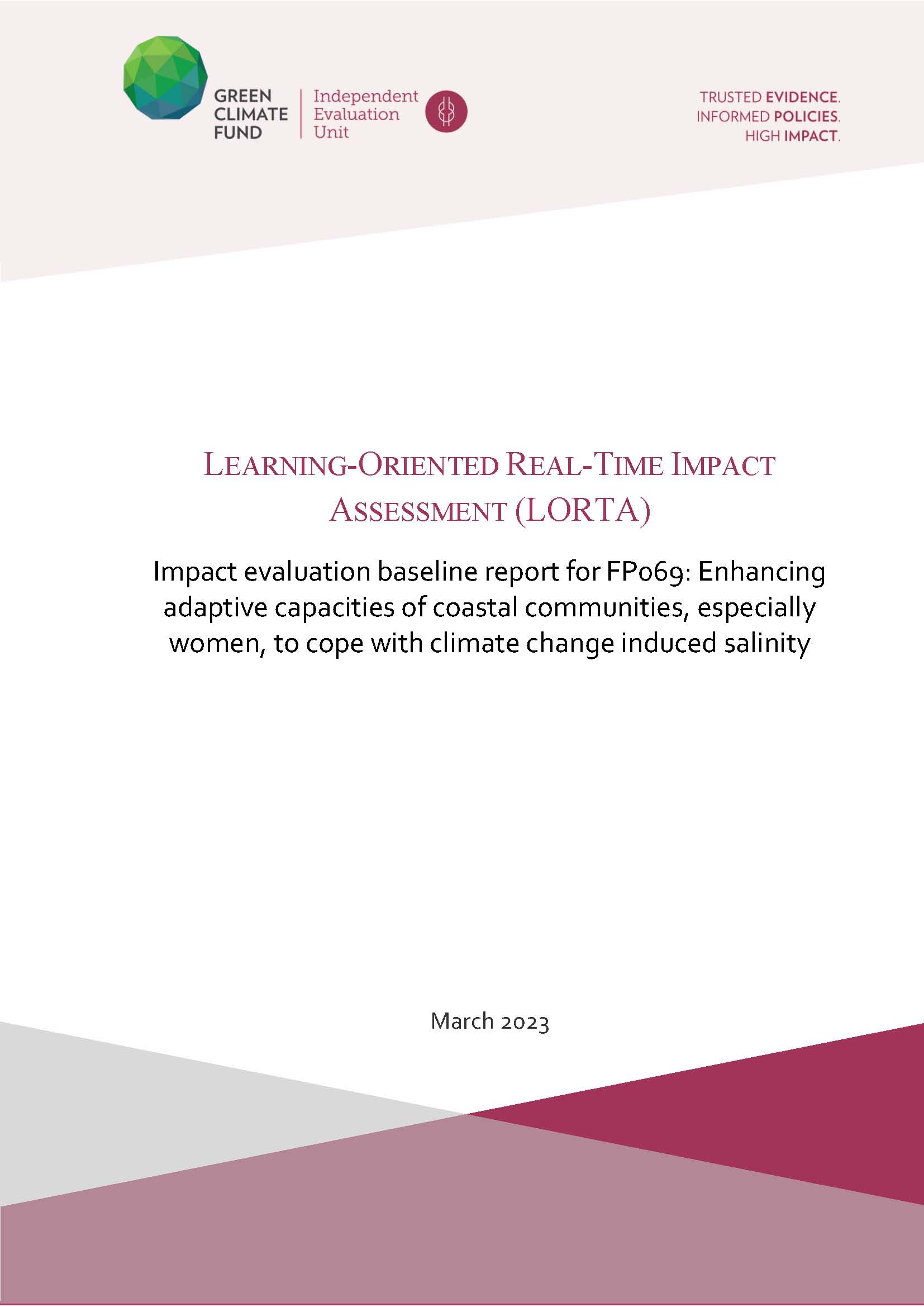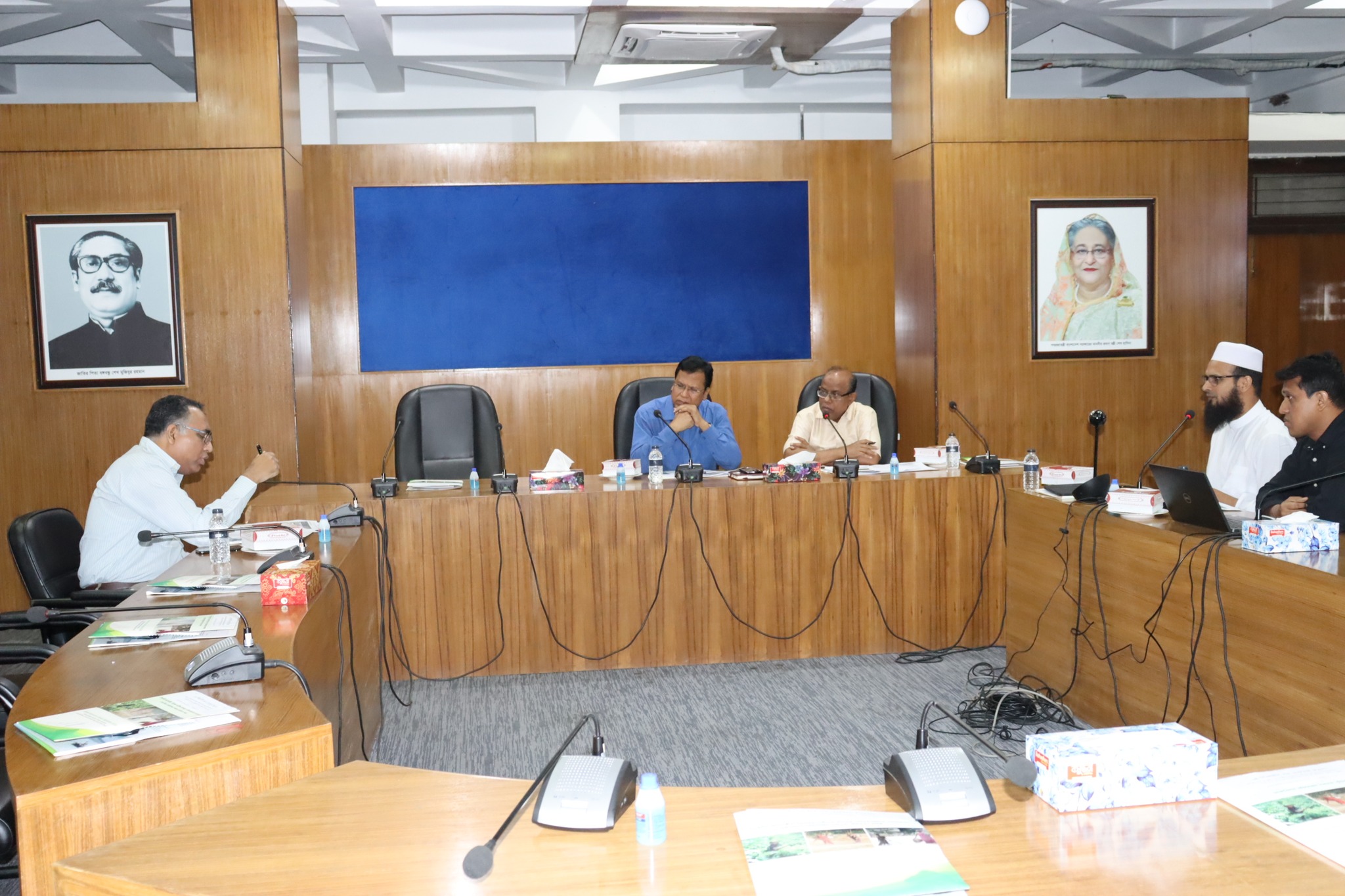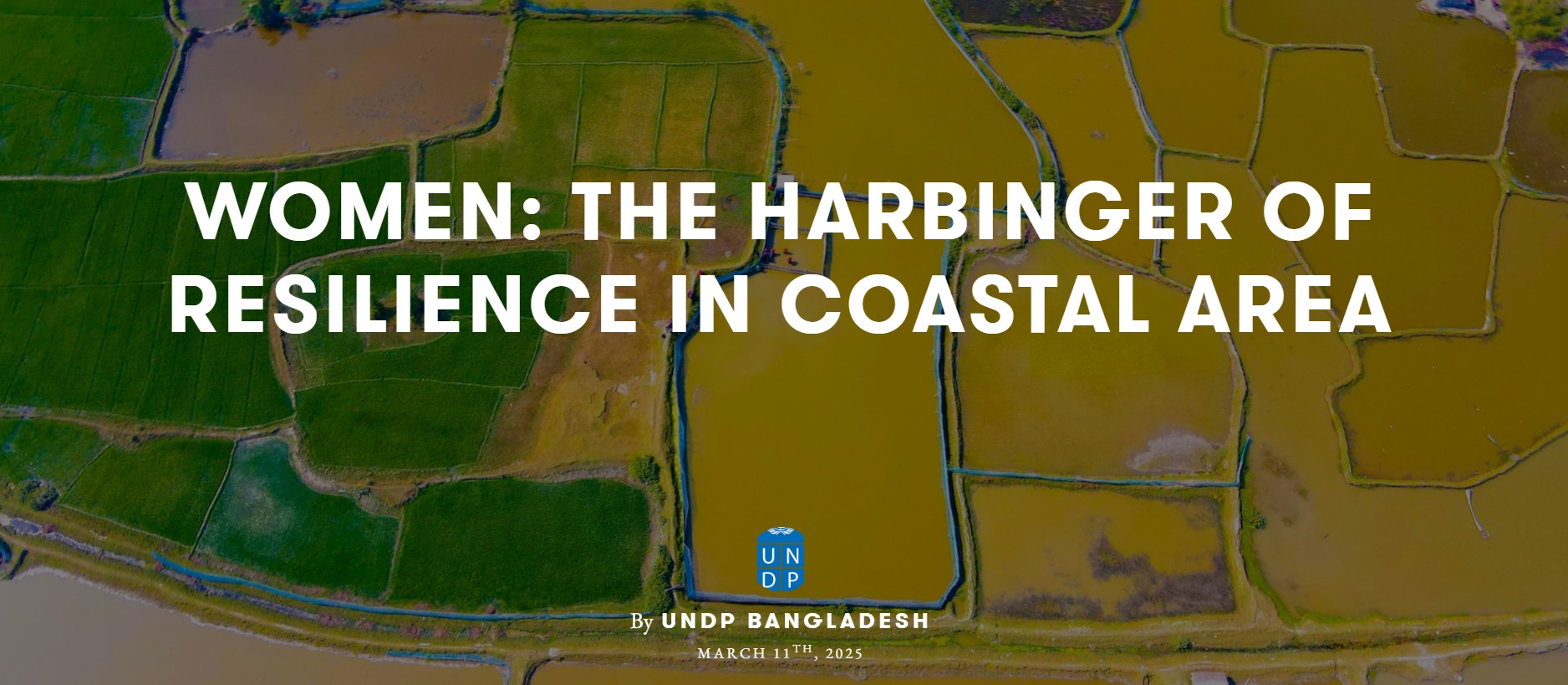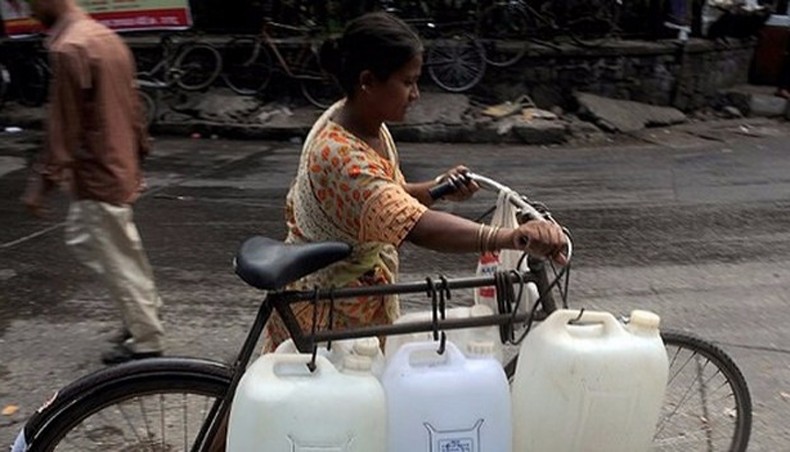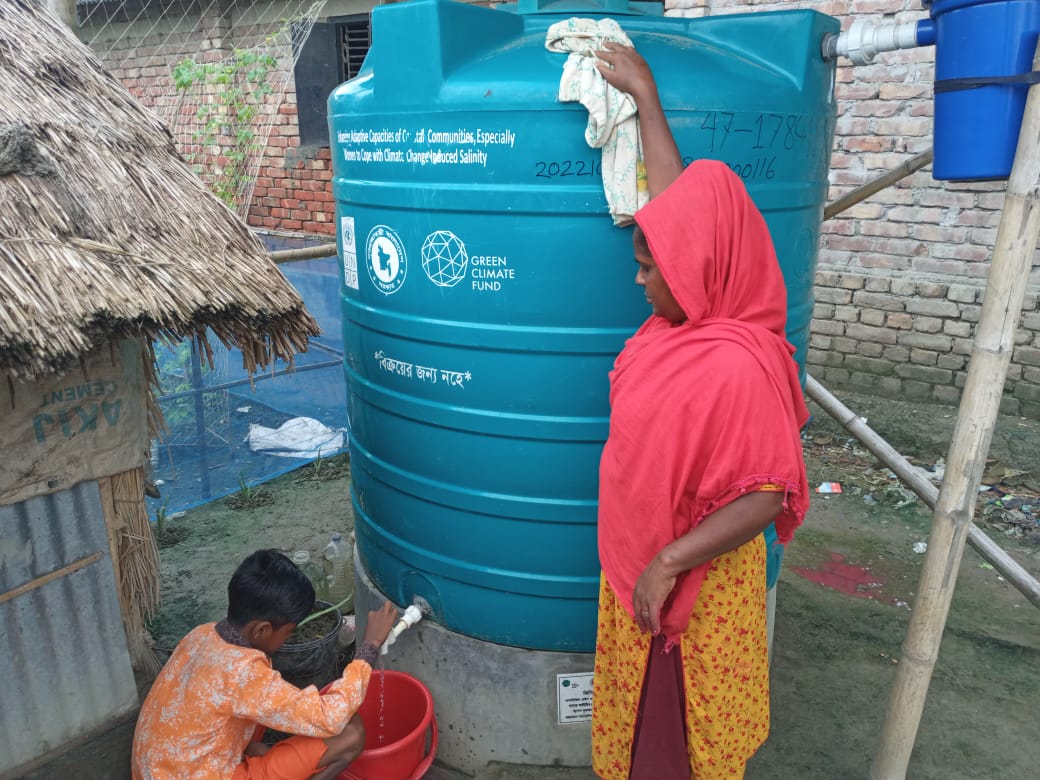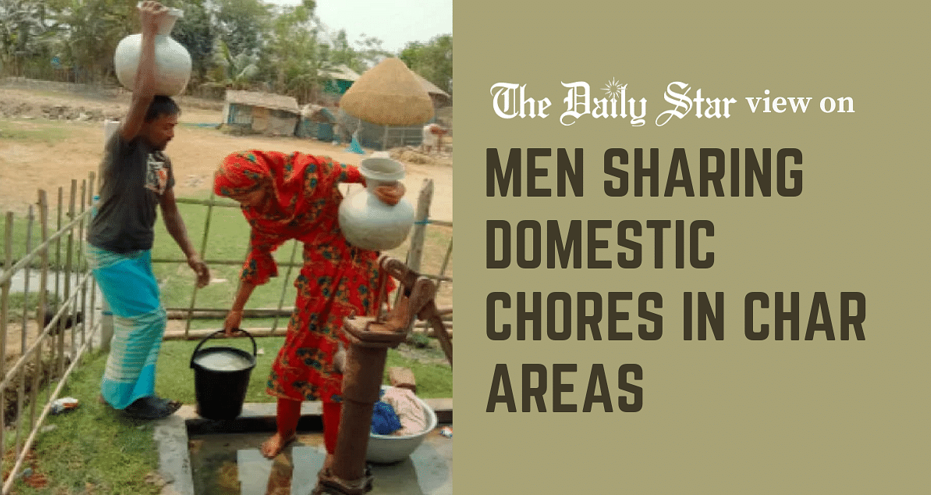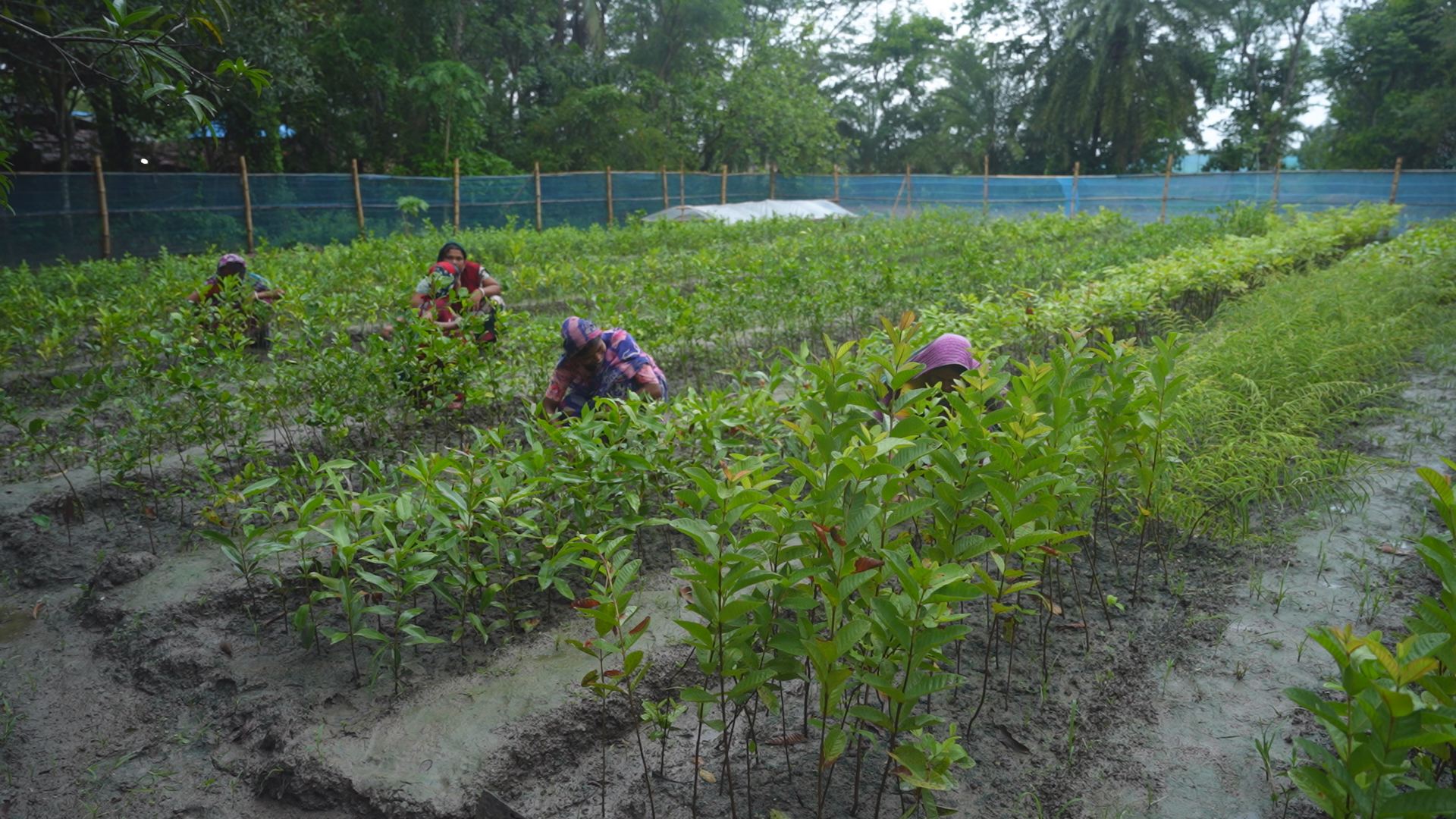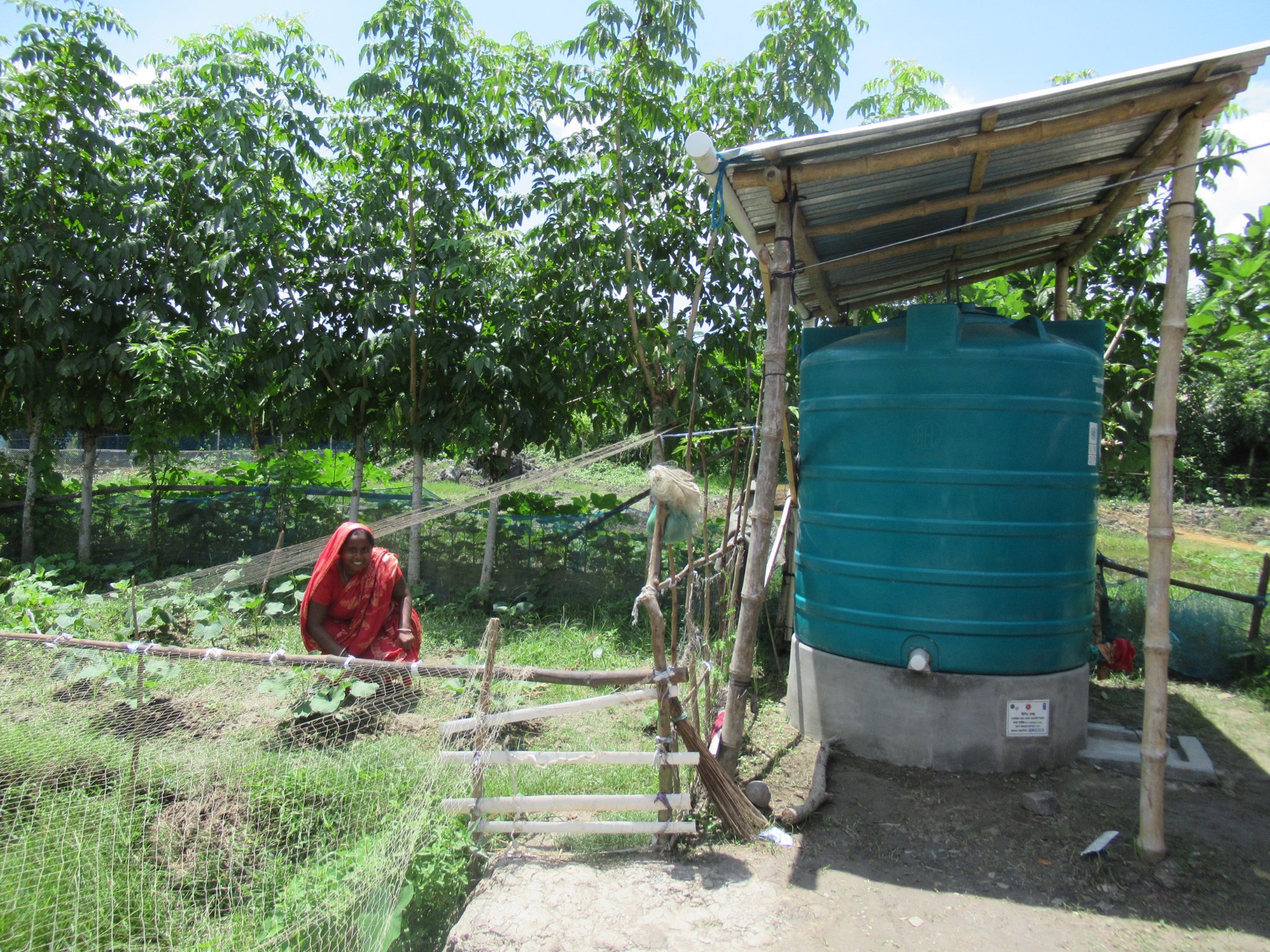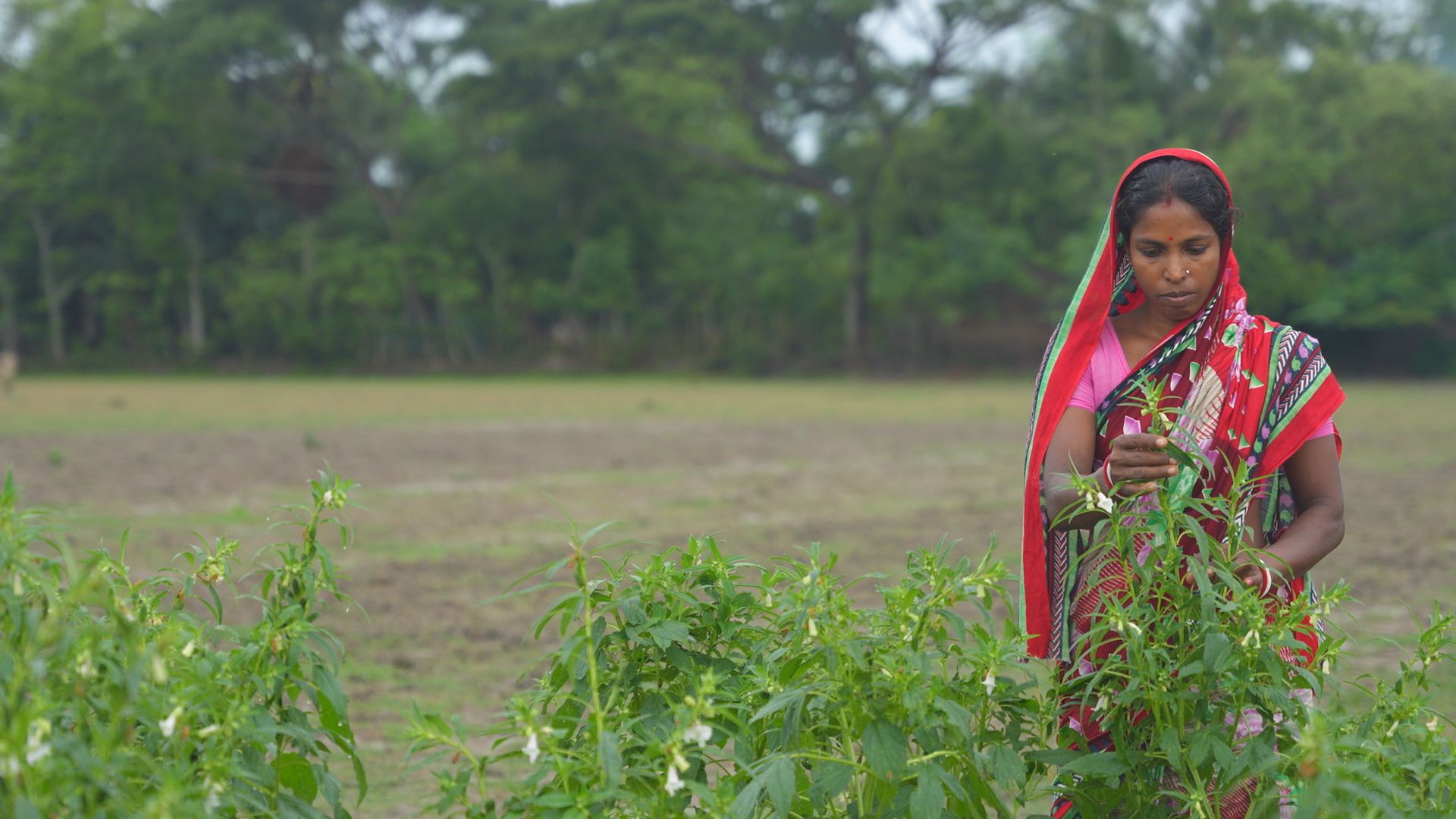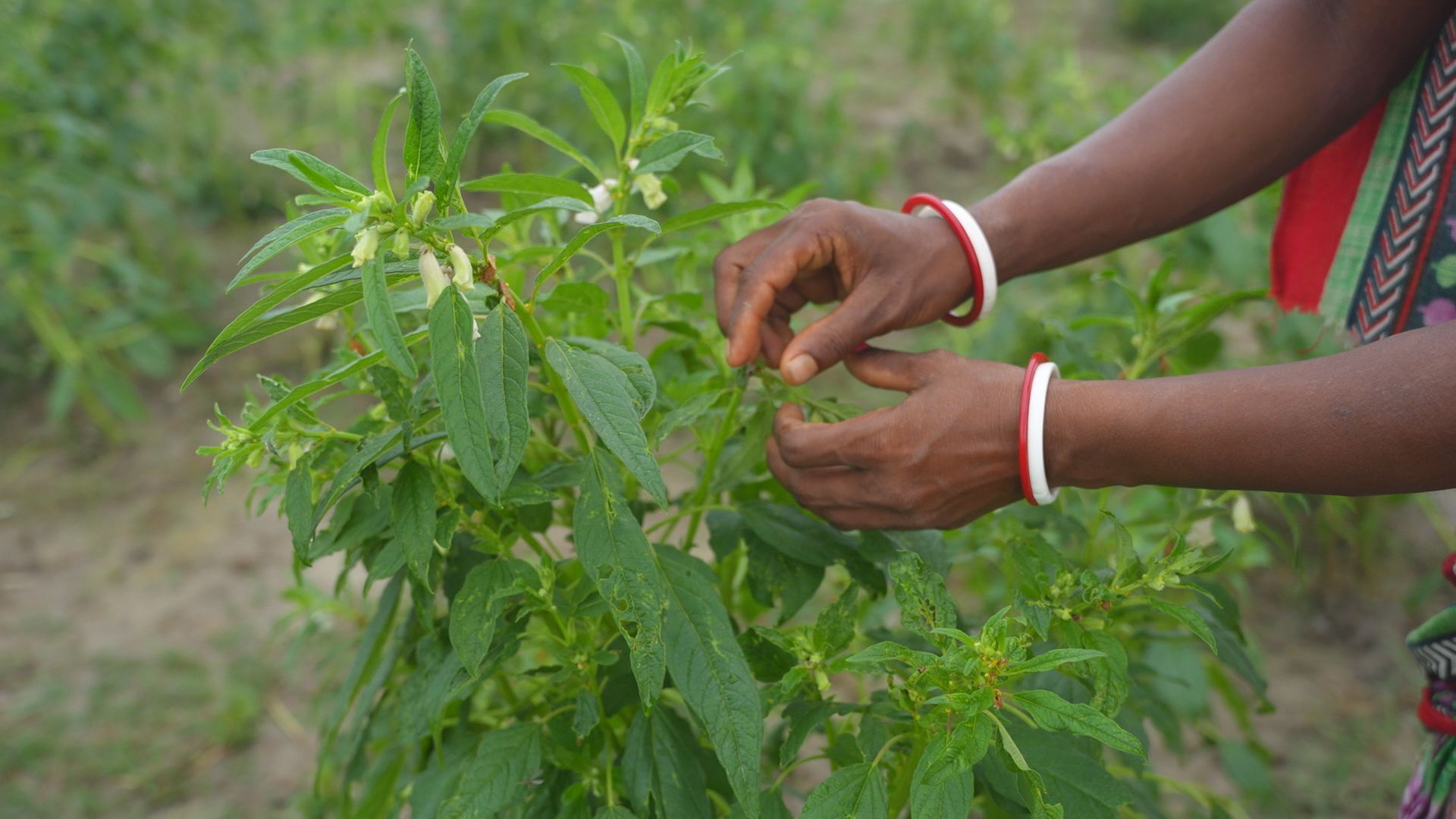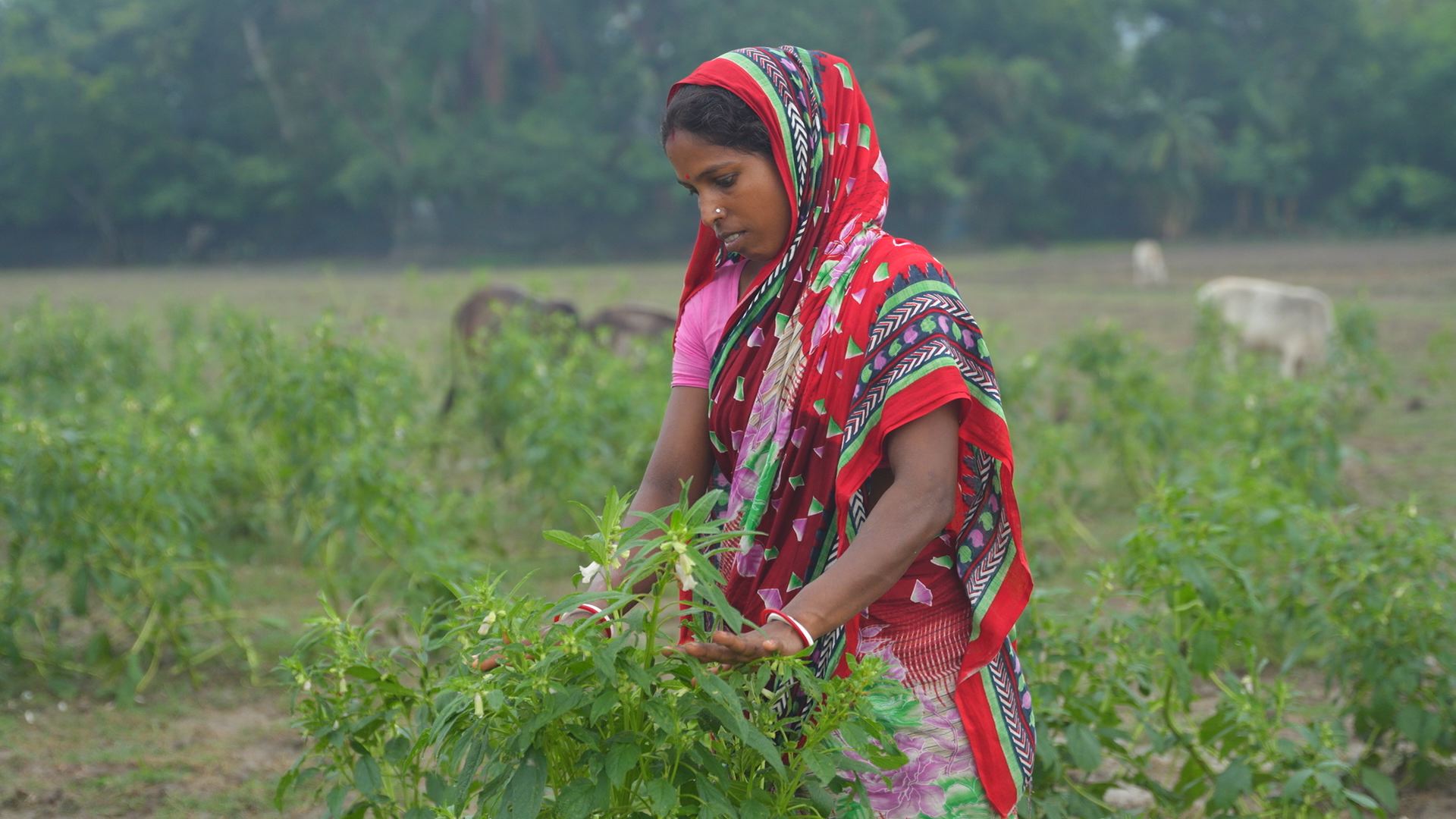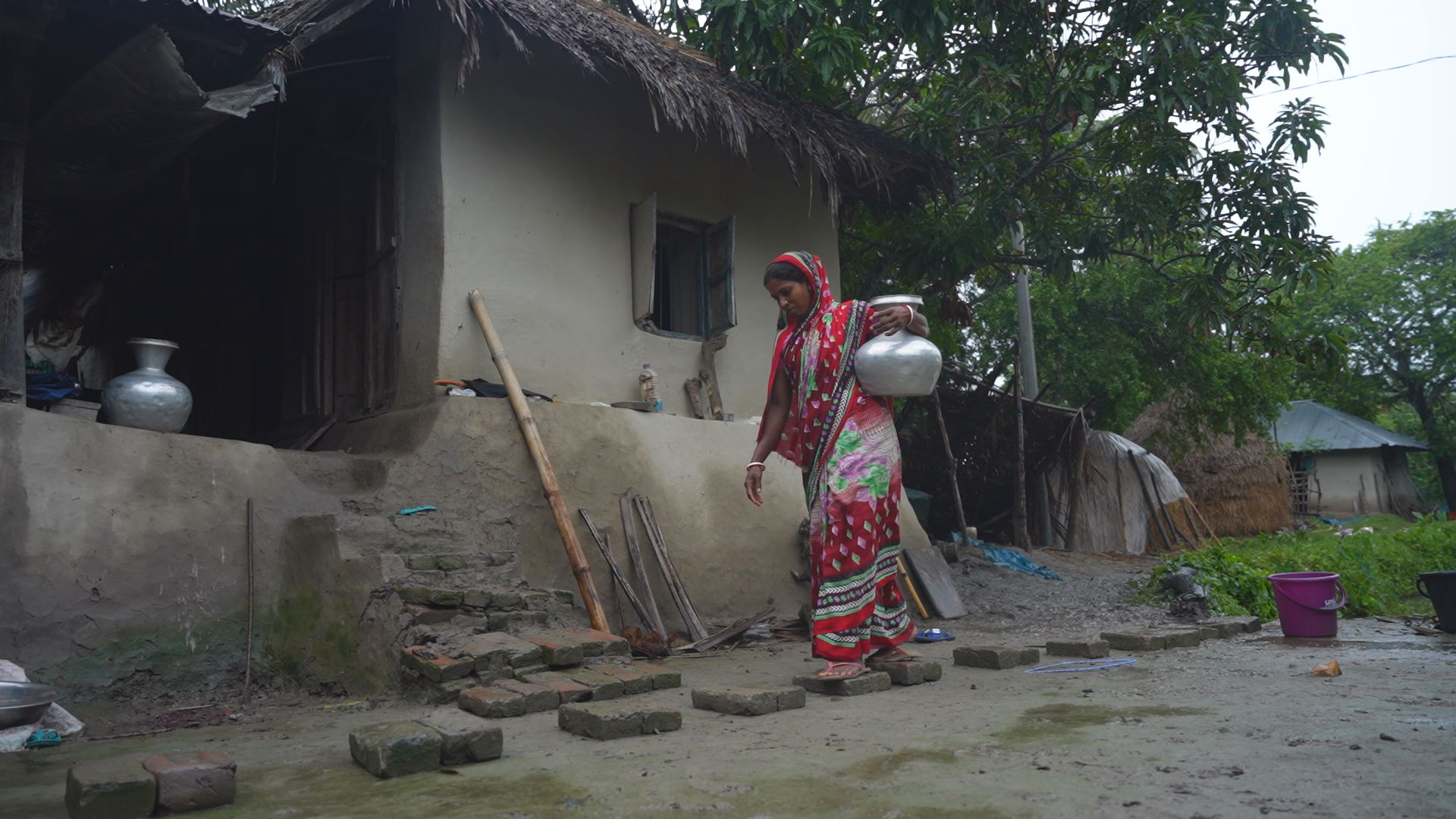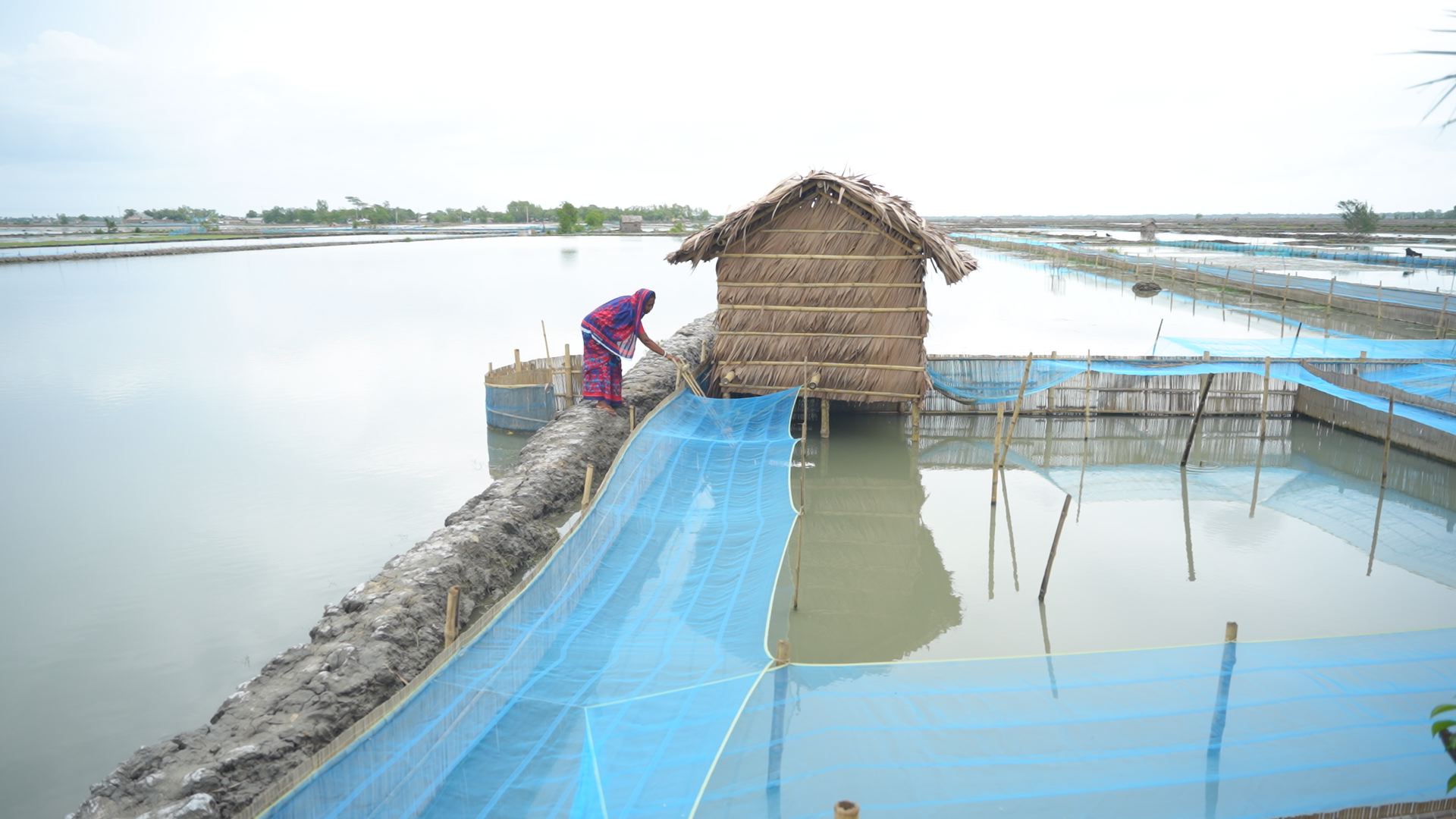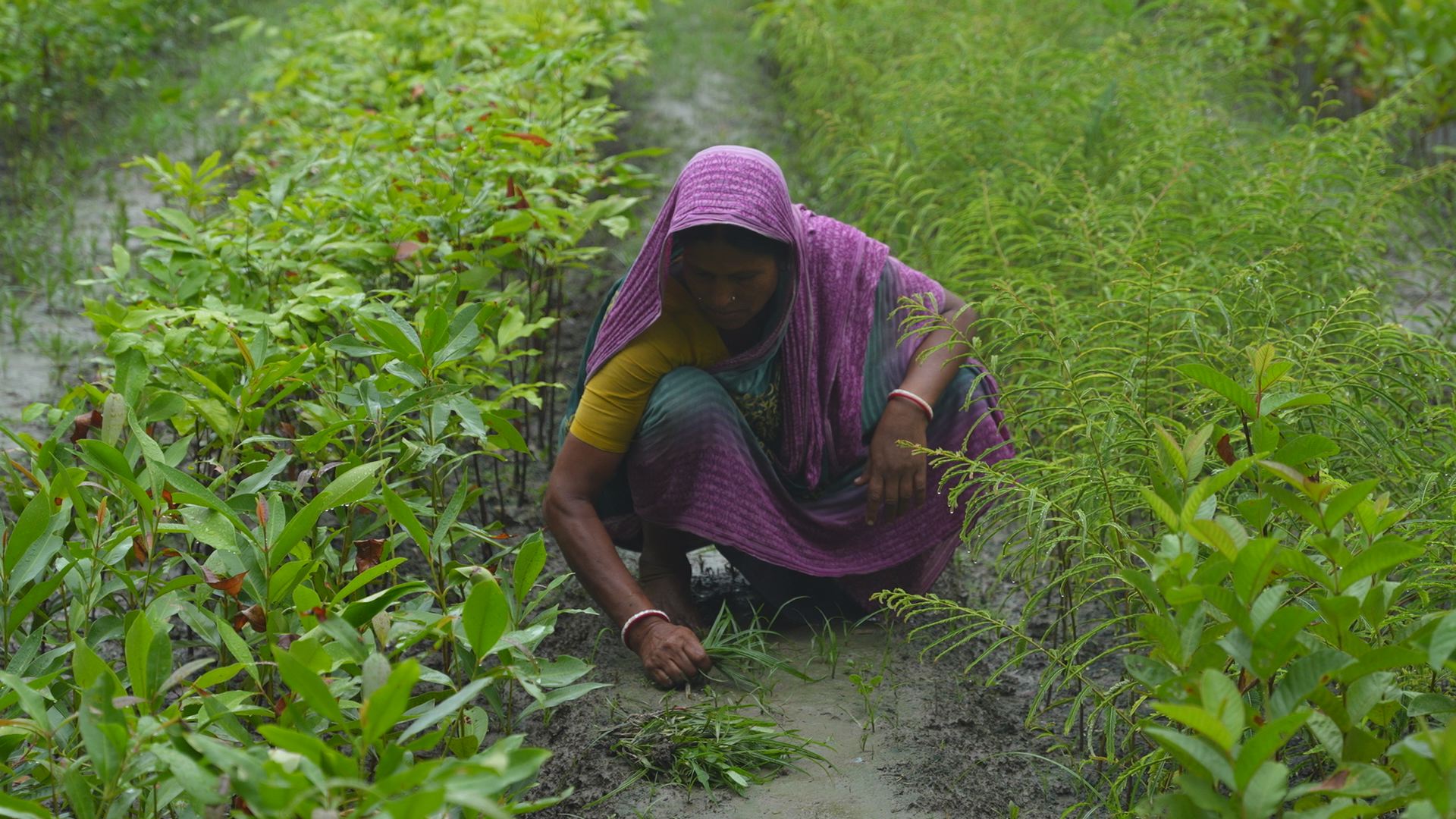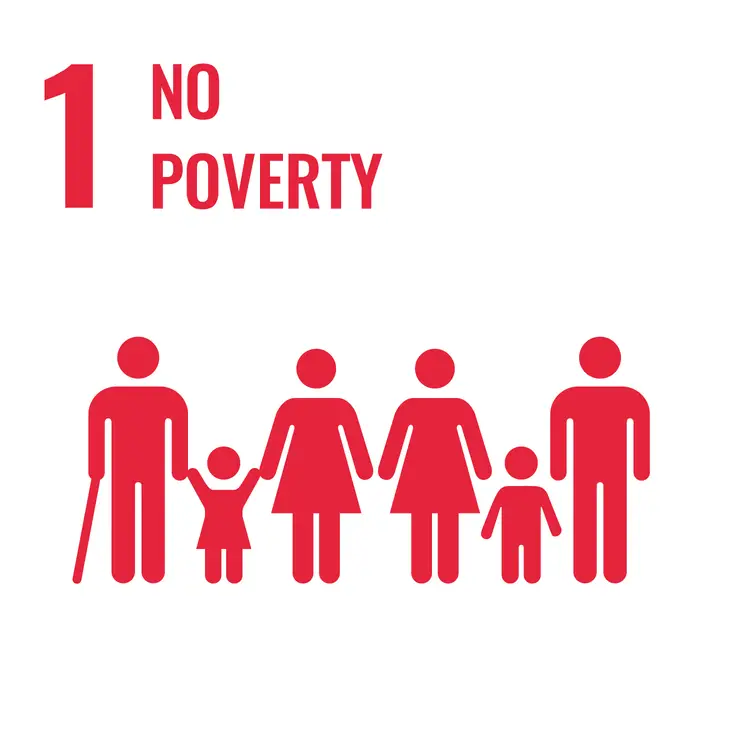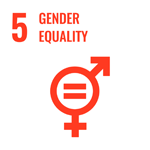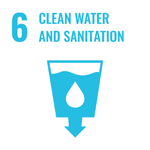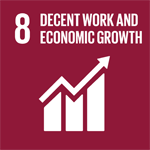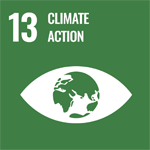Home
Addressing the gender disparity and water crisis
Women walking the extra miles for water
Reliable and Safe Drinking Water
Introducing gender responsive sustainable drinking water technologies
Climate adaptive livelihoods
Empowering coastal women for a sustainable tomorrow
Gender responsive capacity building
Fostering women’s climate leadership and effective participation
About GCA
Welcome to the “Enhancing Adaptive Capacities of Coastal Communities, Especially Women, to Cope with Climate Change-Induced Salinity” project, also known as the Gender-responsive Coastal Adaptation (GCA) project. Led by the Bangladesh Ministry of Women and Children Affairs (MoWCA), this initiative supports the Government of Bangladesh in helping coastal communities—particularly women—adapt to the challenges of climate change, including salinity that endangers their livelihoods and water security.
The GCA project, launched in 2019 with financial backing from the Green Climate Fund (GCF) and co-financing from the Government of Bangladesh (GoB), aims to support the climate-vulnerable communities of Khulna and Satkhira. With technical assistance from UNDP, the project will continue through June 2026, focusing on empowering these regions most impacted by climate change. Women and adolescent girls are at the heart of this effort, taking the lead in building resilient livelihoods and finding safe drinking water solutions. By equipping them as "change agents," the project helps communities plan, implement, and manage adaptive strategies to cope with the growing impacts of climate change.
More ...Make a difference in the life of a child
Please help us change lives around the world!
GCA AT A GLANCE
5 No. of Upazilas
Khulna- Dacope, Koyra, Paikgacha
Satkhira- Assasuni, Shyamnagar
39 Unions
No. of Unions
101 Wards
No. of Wards
32.98 Million USD
Total funding committed
24.98 Million USD
Green Climate Fund (GCF)
8 Million USD
Government of Bangladesh (GoB)
719,229
Total number of beneficiaries
245,516
No. of Direct Beneficiaries
473,713
No. of Indirect Beneficiaries
1,020
No. of Women Livelihood Groups (WLGs)
13,596
Total No. of Water Facilities Installed
525
Total no. of people (anticipated) receiving Capacity Building Training
